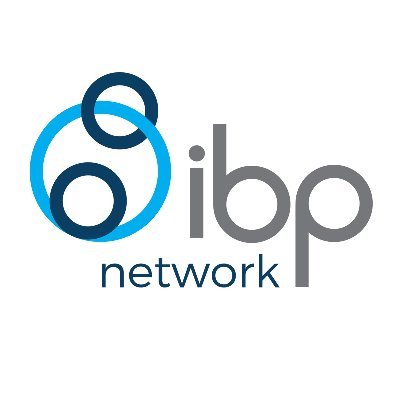IBP has been a long-time champion of diversity, equity, and inclusion through our commitment to promoting local partner organizations multi-language work and engagement at global, regional, and country levels. The context for the current DEI IBP Network survey comes at a time when global institutions are talking about decolonizing, democratizing and accountability in global health. We are in a time where conversations about race, racism, structural inequities in health and systemic oppression have become normalized language in governmental institutions, among activists as well global multilateral organizations like WHO and the United Nations.
As IBP embarks on a new governance structure which was underpinned by the strategy refresh – there has been a concerted effort to understand the diverse needs of the Members and continue the pioneering work of the Network in engaging diverse stakeholders.
How can the Network be more inclusive in its agenda and its approach, what activities should the network take up and which groups or new voices should be engaged in the Network?
As a component of the strategy refresh of 2021-2025 finalized in 2020, the IBP Network committed to the following:
1. Diversify and Expand Network of Members
2. Enhance the enabling environment for diverse stakeholders to engage
3. Provide tools and communications in multiple languages
4. Provide engagement mechanisms in virtual, real-time settings
5. Ongoing outreach to potential new members to expand diversification by geography, organizational size, perspective, and technical expertise
To achieve its objectives and ensure that the IBP Network is inclusive, equitable, strategic, and reflective of its members, IBP made modifications to the governance structure and mechanisms to allow for enhanced outreach and inclusion of new groups under the refreshed 2021 – 2025 Strategic Plan.
While you will see many different definitions of the terms related to diversity, equity, inclusion that we will use in this survey – we will refer to the definitions from the OCLC Research Library Partnership. For reference, the OCLC Research Library Partnership is a unique transnational network of research libraries.

